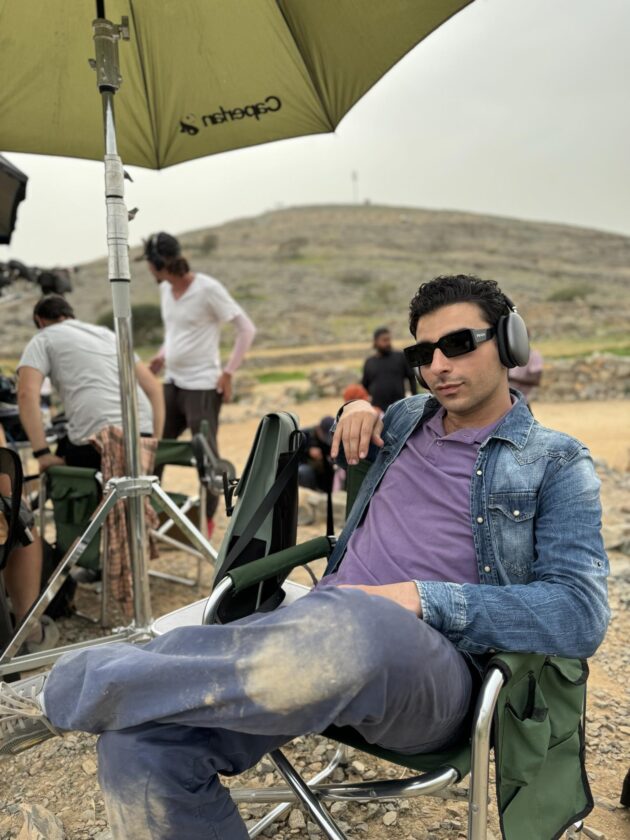Royal Air Maroc, Morocco’s largest airline, announced it would bar electronic devices, excluding cell phones and medical items, from cabins on flights directly to and from the United States, in compliance with a US directive
Fellow Maghreb state carrier Tunisair announced a similar policy for its flights to and from the United Kingdom, based on an electronics ban issued by British authorities.
The US ban applies to flights on Royal Air Maroc and eight other airlines originating in ten airports in eight Middle Eastern countries, including Morocco. The British ban targets aircraft flying out of Egypt, Turkey, Jordan, Saudi Arabia, Lebanon and Tunisia.
The measures targeting Maghreb countries irked passengers, dismayed officials and left experts puzzled.
“Soon, we will all be forced to travel naked,” said Mehdi on a social media page for Moroccan travellers. “All this is ridiculous,” chipped in Zineb.
Some Tunisian travellers shared their outrage. “Our country is different and our society is open to welcome tourists. The ban on electronic items is a bad signal. It puts our country in the same circle with other countries where terrorism and religious bigotry are rife,” said Salim Derbal, owner of a car rental company at Tunis-Carthage International Airport.
The ban is likely to harm Royal Air Maroc’s business and threaten efforts to transform Casablanca into a hub between Africa and Europe and North America. Royal Air Maroc serves more than 30 African countries. The airline’s executives said they feared travellers who pay up to $6,000 for a round-trip flight to the United States might instead book tickets on rival European companies spared by the ban.
While neither London nor Washington cited a specific reason for the ban, security experts see it as warning of imminent terror plots using electronic devices.
International Air Transport Association Director-General Alexandre de Juniac said it was difficult to understand how banning electronic devices in carry-on baggage would improve flight security.
Mohamed Mezghani, the head of European Affairs for the Tunisian Foreign Ministry, told British Ambassador to Tunisia Louise De Sousa that Tunisia was “surprised” by the ban on electronic devices on flights from Tunis to London.
Mezghani cited tightened security measures at Tunisia’s airports and the safety record of the national airline. He reportedly told De Sousa that not allowing Tunisair passengers to carry large electronic devices on cabins prompted “questionings about the British attitude in the light of the improved security situation in Tunisia”.
Tunisian tourism officials said they were ready to welcome more visitors from European countries, and that their country had significantly improved security measures over the past few years. Britain’s Foreign Office has advised against all but essential travel to Tunisia since 2015, when 30 British citizens were killed in a terrorist attack in Sousse.
Officials in Tunis had expressed hope that improved security conditions would lead to Britain lifting its travel ban but on March 29th the British Foreign Office updated its travel advisory, warning that terrorist incidents remained highly likely.
“As long as England maintains these restrictions on Tunisia and, from time to time, consolidates them with similar decisions, this will have a negative impact on Tunisian tourism,” Mohamed Ali Toumi, president of Tunisia’s Federation of Travel Agents, told a local radio station.
Tunisian Foreign Minister Khemaies Jhinaoui said the British attitude was “surprising” because British officials were aware of Tunisia’s efforts to bolster security measures after the Sousse attack.
The United States prohibits its airlines from conducting commercial operations over Libyan airspace due to the country’s political instability and terror threats.
Algeria, which tightened airport security after a long battle with extremism in the 1990s, is not included in the ban.
Middle East Online.





Comments are closed.